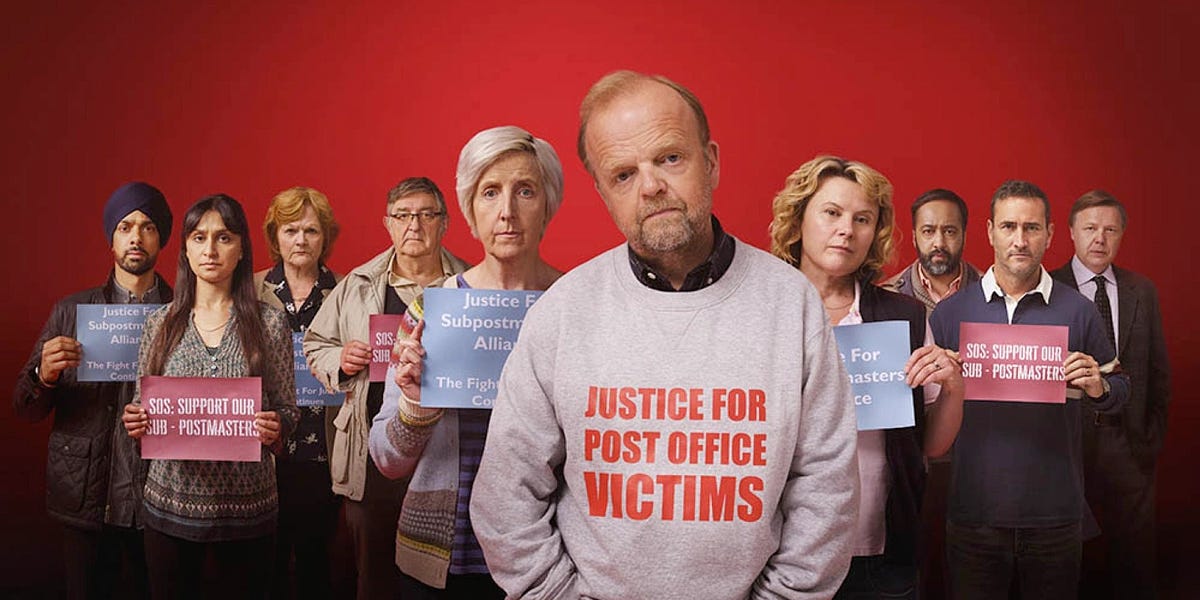- The Publisher Newsletter
- Posts
- Monday 15th January: The inevitable Substack row
Monday 15th January: The inevitable Substack row
Good morning! Today’s newsletter is brought to you by Esther.
In case you’re not closely following the Substack crisis, late last year, an Atlantic investigation showed a handful of white supremacist and Nazi newsletters were on Substack, some making money. There have been open letters published on both sides, from those outraged that Substack was platforming and monetizing Nazis, to others warning against censorship. Some of Substack’s high profile writers have threatened or followed through with plans to leave; Platformer’s Casey Newton, whose work we often share here, has written about his own reasons for leaving.
Without getting into the arguments, Substack has finally hit the problem many of the bigger social media platforms went through six or seven years ago. “The company wanted to have it both ways: to exert the cultural influence of a major media company without shouldering any more responsibility…than is expected of a mere service provider.”
This piece breaks down what went wrong with Substack’s positioning, and why it eventually had to take a stand on some of the content it is hosting. After all, if you build tools capable of helping people grow huge audiences, you need to take partial responsibility for the consequences of that.
Should Substack have taken a stand sooner, or is it facing unfair criticism for allowing anyone on its platform? Share your thoughts in our forum.
More from Media Moments 2023
I remember seeing some discussion around this when some local news publishers made redundancies here in the UK last autumn. Some freelancers were sharing that rates hadn’t changed since the late 90’s. “Journalism has become – for freelancers – an expensive hobby,” one journalist told Digiday. I’m not sure this is a problem that’s going to get better any time soon, either.
We have access to more of the same media than ever, but apart from major sporting events or cinematic releases, we’re not really watching the same thing any more. That’s not bad necessarily, but as Charlotte Henry points out, it does mean very few shows are going to be ‘the thing everyone’ is watching any more. Unless it’s Mr Bates vs the Post Office, which has apparently been watched by 9.2 million people in the UK so far…
Whether you’re looking to brush up on your pod ad lingo or want some inspiration for the types of slots you can include, this handy guide from PodPod breaks down the different types of advertising spots available for podcasting and some of the challenges of each one.
More from Media Voices




